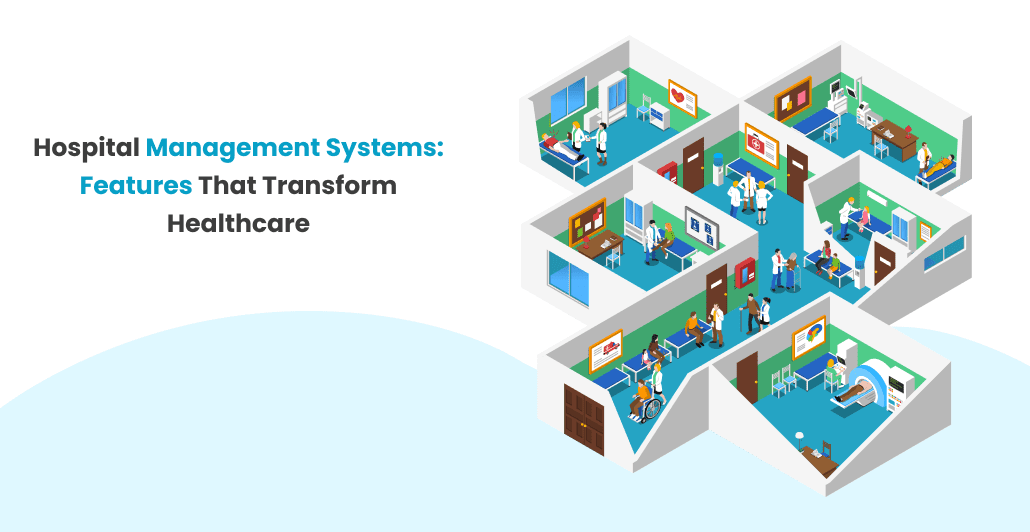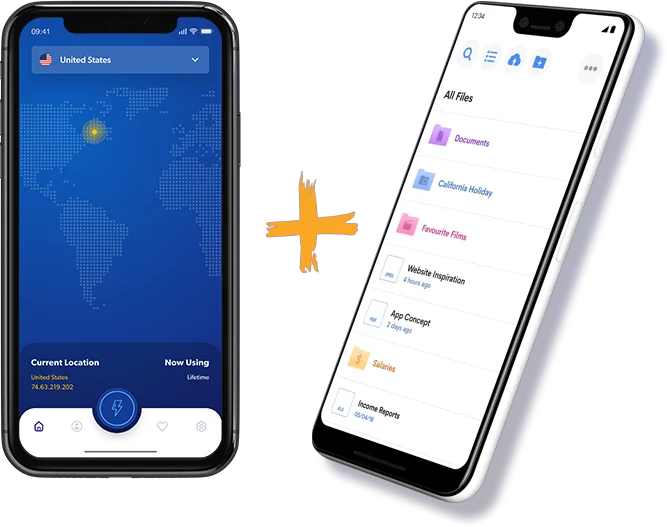
It has proved to be the most inevitable thing in life with the fast pace of the health sector. In this process, hospital management systems have been one of the biggest game changers that have revolutionized the functioning of medical institutions. An effective hospital management system optimizes administrative work while simultaneously adding richness to patient care for smooth and efficient healthcare delivery.
What is a Hospital Management System?
A Hospital Management System is a type of integrated software that is created to manage the overall functions of a hospital. The systems range from patient registration to billing, inventory and finally, the doctor-to-patient interactions. Software is the cutting out of paperwork and reducing the frequency of errors, hence streamlining processes that are most basic in hospitals and clinics in general.
Key features of Hospital Management Systems in Healthcare
Simplification of the Registration of Patients and Planning for Appointments
The successful hospital queue management system has made the time used in registration and scheduling become minimal. The saving in the waiting time has meant that the patients’ experiences are rich in detail because of the saving on waiting time.
Record Management
A modern Hospital Management System online provides electronic medical records (EMR), so all the history of the patient, test results, and prescriptions can be accessed very rapidly. Such a feature helps departments coordinate well and, therefore, enables better and quicker decision-making.
Billing and Financial Management
It facilitates automation in billing; thus, bills obtained are free of errors. This product carries insurance claim processing modules making it easy for the patient as well as for hospitals.
Inventory and Pharmacy Management
Hospital Management Software In India contains modules that track the inventory levels and pharmacy stock so that shortages or excesses are avoided. The real-time tracking of inventory helps in minimizing wastage and ensures that all the essential supplies are available.
This system helps the management to utilize a workforce more efficiently. Scheduling and attendance can be tracked. Payroll management is easy as well.
Reporting and Analytics
Such systems can offer detailed reports on KPIs that will help the administrators take decisions based on data rather than instincts. This decision-making ability enhances the operational efficiency of hospitals.
Modules of a Hospital Management System
Advanced Hospital Management Systems may consist of various modules
- Patient Information Management: It manages the details of the patients and medical history.
- Doctor and Nurse Scheduling: It smoothened the staff allocation to provide maximum patient care.
- Laboratory Management: It manages the test results and diagnostics.
- Pharmacy Management: Medication and prescription tracking.
- Financial Management: Billing and revenue tracking.
These modules of the hospital management system work harmoniously to ensure the smooth functioning of healthcare institutions.
Benefits of Implementing Hospital Management System
There are numerous benefits of a Hospital Management System in India and all over the world. Some of them are:
Better Patient Care: HMS decreases manual errors and time thus enabling the medical professionals to focus more on patient care.
Increased Efficiency: Automation of the processes helps make the workflow smooth among the departments.
Cost Savings: The hospital saves time and money through the reduction of operational inefficiencies.
Improved Data Security: HMS ensures the safe storage of confidential information about patients and ensures adherence to privacy laws.
Why Hospital Management Software in India is Essential
The healthcare sector of India is continuously growing and demands management solutions to cater to the diversified needs of its population. Hospital Management Software In India is essential to bridge the gap between the patients and the service providers. Nowadays, hospitals and clinics are looking for clinic management systems to provide quality services.
Hospital Management Systems in Healthcare are quite efficient for smaller and lesser space areas like rural health service delivery. Online solutions adopted by cloud-based modes of hospital management systems ensure that small clinics also achieve efficiency with quality care.
Challenges and Future of Hospital Management Systems
Adopting a Hospital Management System comes with many benefits. Still, there are several challenges associated with it:
High Installation Costs: It involves much investment in the installation of an HMS, especially if the clinic is small.
Training: Training of staff on the use of the system is essential
Data Migration: The importation of data in a new system is time-consuming
Hospital Management Systems in Healthcare also have much brighter futures. New technologies will expand the scope of these systems through AI integration capabilities, telemedicine, and real-time data analytics.
Conclusion
A well-implemented Hospital Management System is the backbone of modern health care. To hospitals and clinics, nothing can replace it: it can make processes, enhance the quality of patient care, and ensure actionable insights that would significantly improve healthcare services no matter which type of entity, such as a huge hospital or a small clinic, in which you stand. With a surge in demand for health care, an advanced Hospital Management System in Health Care must be taken as a necessity rather than a choice to deliver quality and efficient medical services.








